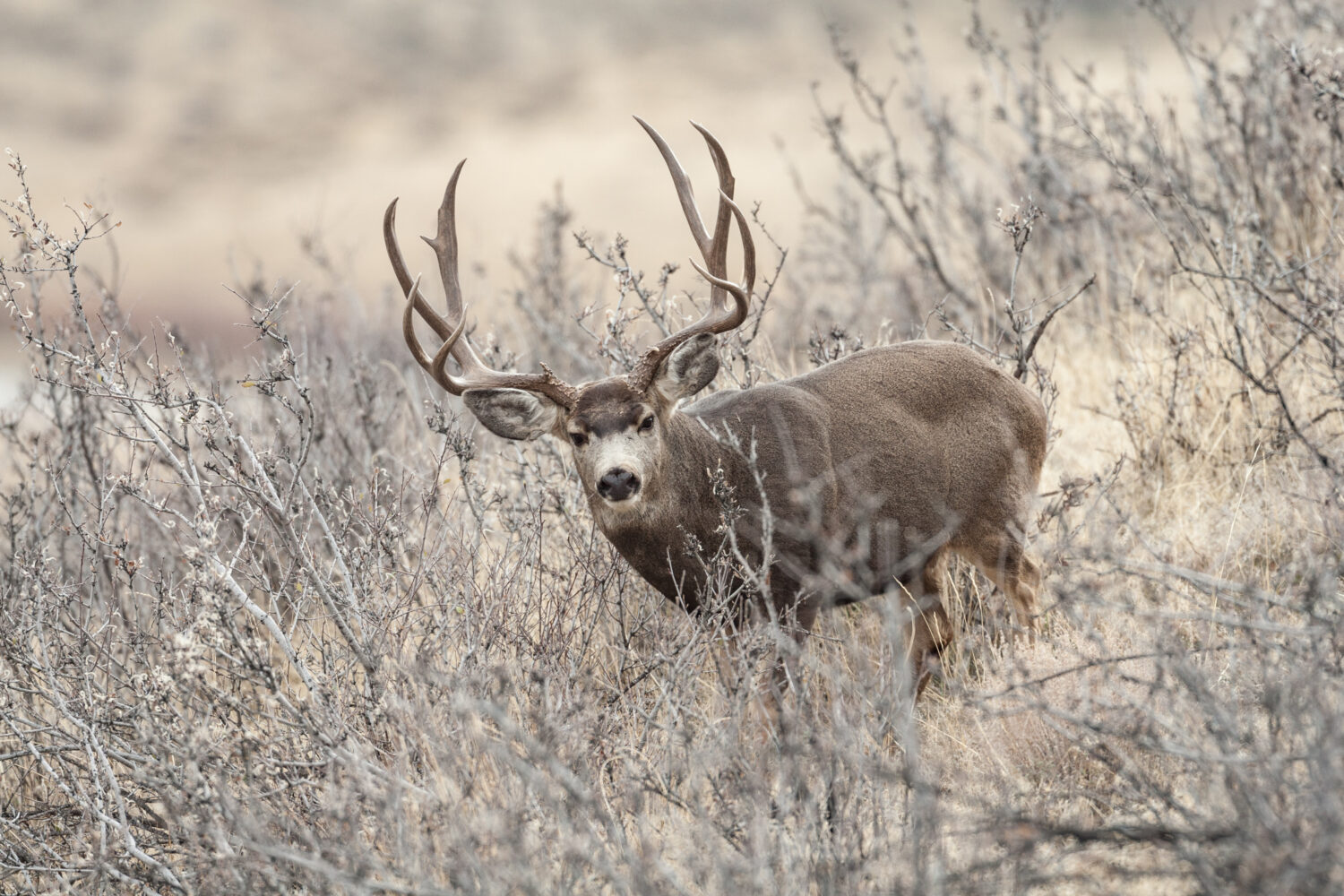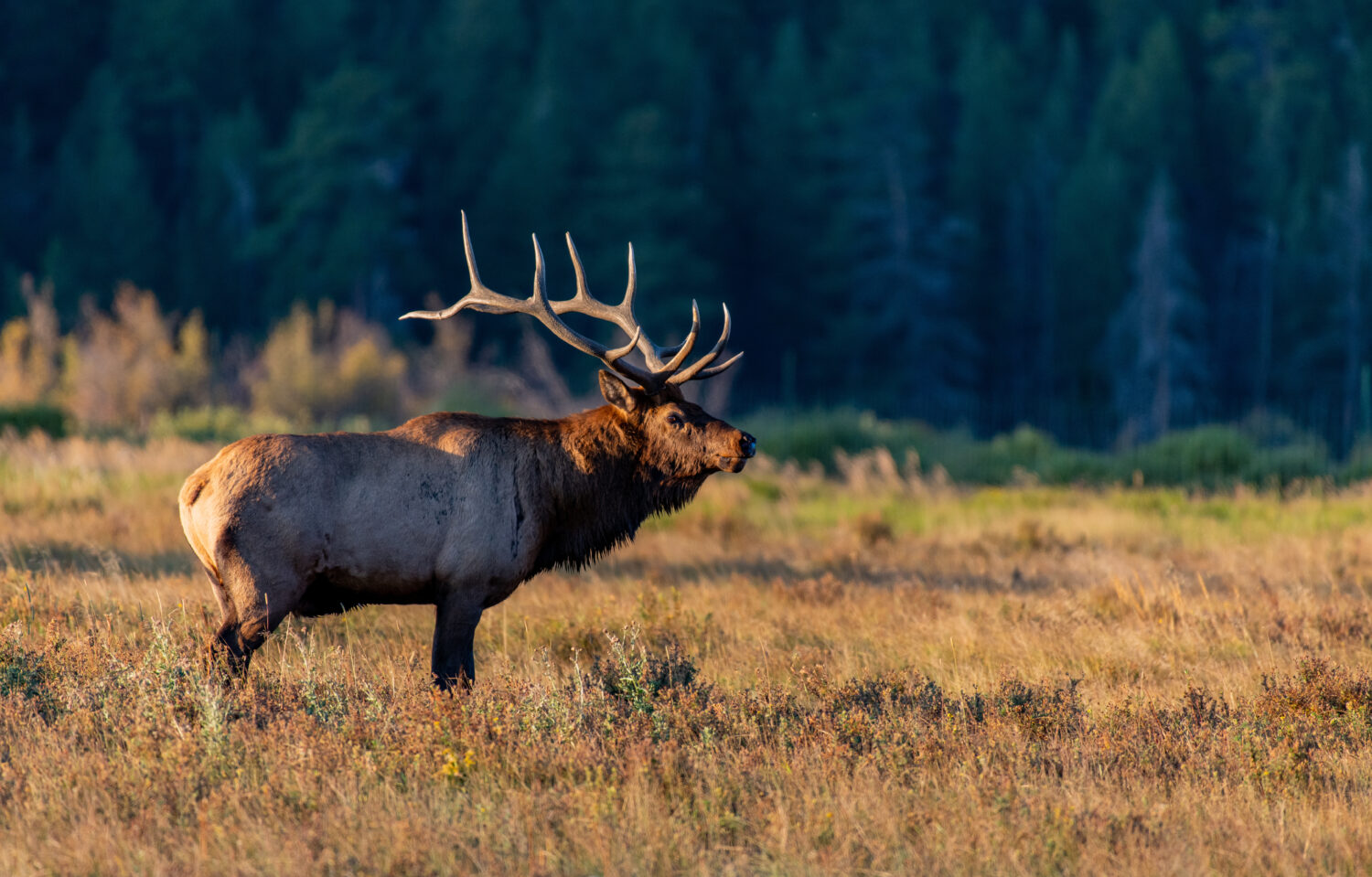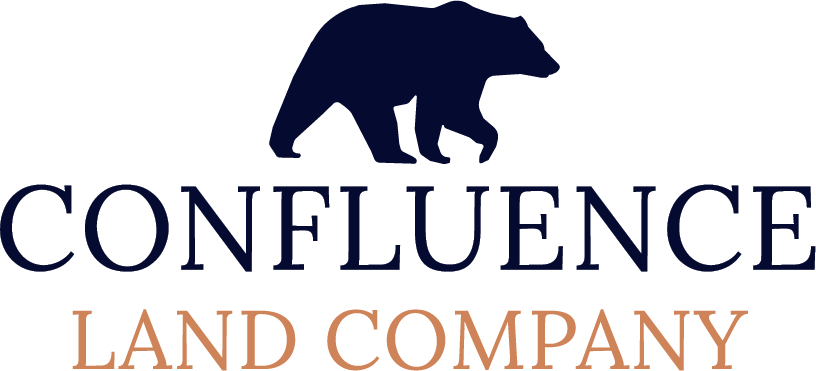Understanding CPW’s Ranching for Wildlife Program: Landowner Perspectives
The Ranching for Wildlife (RFW) program in Colorado has become a coveted opportunity for Colorado resident hunters since its inauguration as a pilot program in 1986. The program involves cooperation between Colorado Parks and Wildlife (CPW) and eligible ranches in the Centennial State, allowing a select few public hunters to access private land hunting opportunities through a limited license draw. Currently, 25 ranches are enrolled in RFW and offer hunting licenses through the program. The hunting opportunities offered through RFW are typically focused on Elk, Mule Deer, and Pronghorn. However, there are a handful hunting of opportunities for other species including Turkey, Moose and occasionally Rocky Mountain Bighorn Sheep. The handful of successful tagholders are permitted to hunt within the ranch in close cooperation with the ranch manager. Under the agreements made between the enrolling ranch and CPW, ranch operators have significant authority in managing how RFW hunts take place in order to maintain the operation of ranching or mineral interests.
For the typical RFW tag applicant, the opportunity to hunt an expansive private ranch without the hunting pressure seen on public land may be a lifelong dream that would not otherwise be financially attainable. Often, such hunts are particularly attractive for those with limited mobility, as the ranches have roads for vehicle access, managers willing to assist in game recovery or an outfitter operating on the ranch open to sharing helpful information. Likewise, RFW hunts can be an excellent experience for youth hunters who would benefit from a positive experience early in their hunting career.

You may ask why a ranch owner would enroll in such a program, and what are CPW’s motivations for creating it?
Benefits to the Public and CPW:
- Create exclusive hunting opportunities for the general public on private land within Colorado.
- Incentivize RFW enrolled ranches to participate in active habitat improvement for game and non-game species.
- Dispersal of game species from properties experiencing wildlife damage to increase hunter harvest on the ranch, as well as on nearby public land to meet herd management objectives.
Benefits to Participating RFW Ranches:
- Reduction of wildlife damage on these larger ranches, which often become sanctuaries for game once hunting seasons are underway. Whether it be mitigating impacts of wintering elk on rangeland and hay meadows or reducing required fence repairs come spring, population management on these properties can be critical to grazing operations, trophy-quality management, and general ranch operations.
- Enrolled ranches are issued special landowner hunting vouchers that can be monetized through guided hunts, donated to conservation groups for fundraising auctions or raffles, and used by the landowners in place of tags that would be drawn through the Landowner Preference Program (LPP) draw. These special licenses frequently allow hunting on the RFW property with additional methods of take during long-extended season dates.

Next, you may be wondering why only 25 ranches currently participate in the RFW program. This is primarily due to the minimum acreage requirement to enroll: 10,000 contiguous, deeded acres. The property must also be deemed suitable habitat for the game species being made available in the public draw. The evaluation of RFW tags and special landowner voucher allocations for these ranches is based on agreement between CPW and the participating landowner. Allocations can vary yearly based on the State’s population objectives for the area and the wildlife-related damages experienced on a particular property. The Elk Mountain Cattle Ranch exclusively listed by Confluence Land Company serves as an example of a potential candidate for the Ranching for Wildlife program, given some initiative taken by future stewards to meet the acreage eligibility threshold. Elk Mountain Cattle Ranch frequently winters significant elk and mule deer herds that migrate into the ranch from the surrounding high country in search of accessible forage. Likewise, resident pronghorn and mule deer herds inhabit the property year-round. In fact, the third largest pronghorn recorded by Boone & Crockett in Colorado was taken on the ranch. If you would like to learn more about the various landowner hunting opportunities available in Colorado or Confluence Land Company’s premier sporting ranch offerings, please do not hesitate to contact us.

